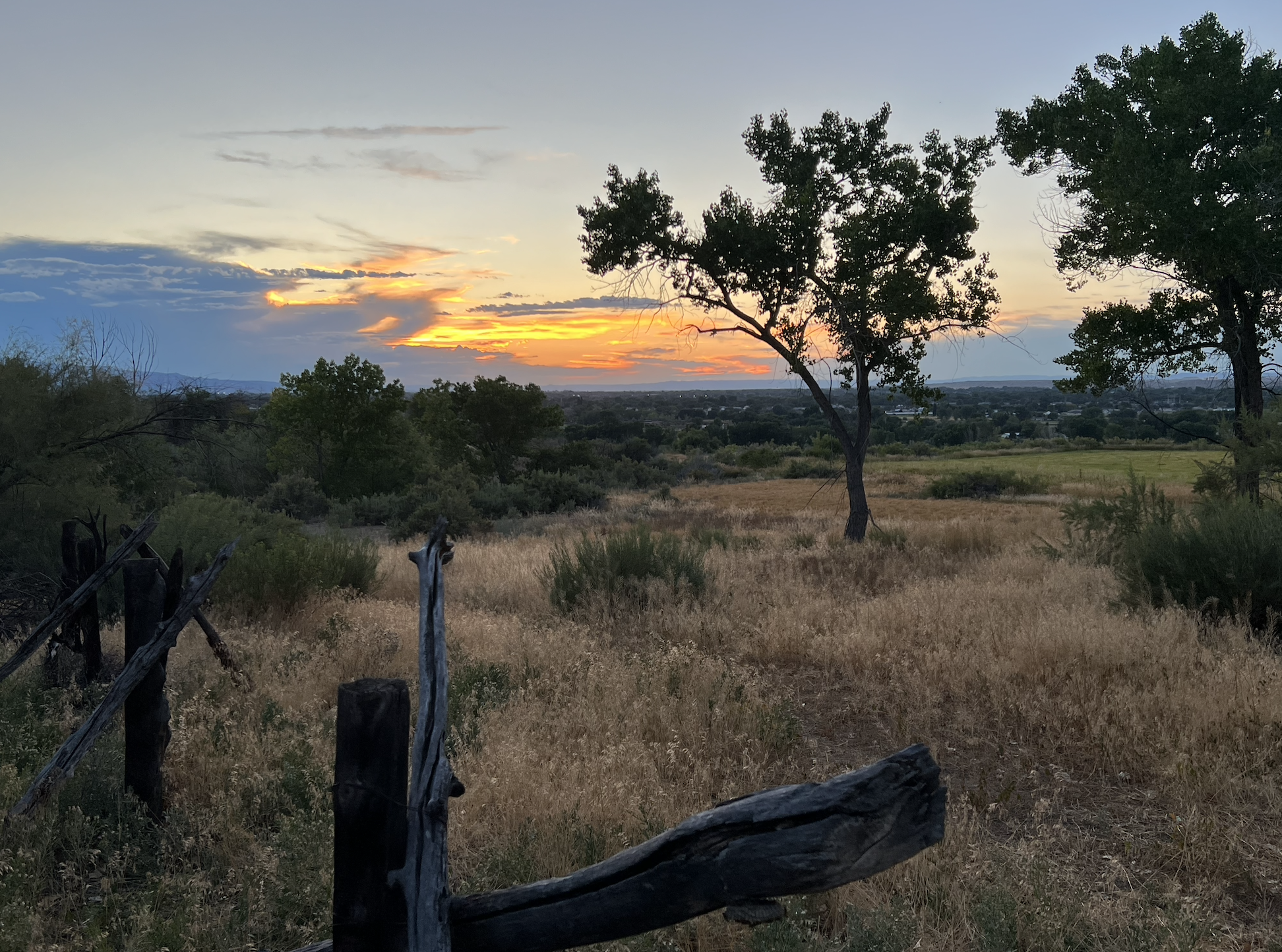From a collection I picked up recently.
Suddenly it is now
the trees are full of leaves again
the grass is damp
with early sun
the night
and all her dreams
are nowhere to be seen
the awakening thoughts
forgotten
light
and all the dappled shadows
we dance to
silence
and all the echoing
songs of life
emptiness
full of absent spaces
where memory
refused to lie
listening
even breathing
can be enough
to bring the whole world
to life.
I suppose the line, “Suddenly it is now” captures me. My appreciation for nowness. My body’s surrender to it.
I suppose a part of me is wishing spring. Awakening and budding from the great winter that has again left fresh overnight snow dust.
I suppose part of it is so loving “songs of life.” With my beloved. With what moves in and around us. With our upcoming marriage ceremony.
I suppose it is my love of stillness, morning practice yes, and way of being, that wakes me to a flowing nature and the joy of all that.






